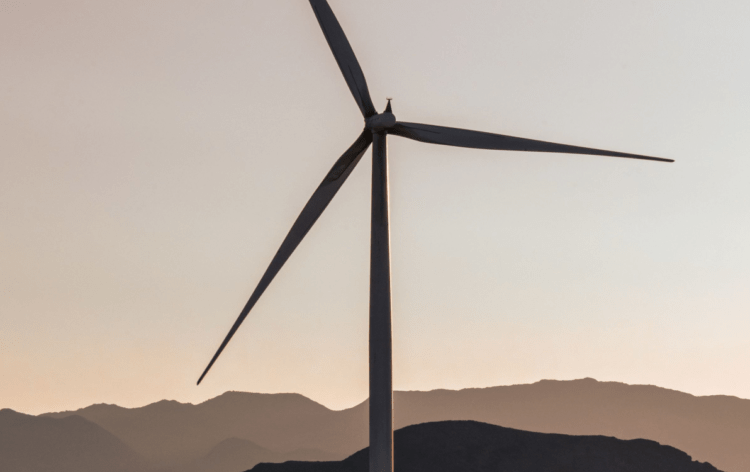The Future of Renewable Energy Commodities

Renewable energy commodities refer to the various types of energy sources that are renewable and environmentally friendly, such as solar, wind, hydro, geothermal, and biomass energy. These commodities are becoming increasingly popular due to the rising global concern over climate change and the need to reduce carbon emissions.
These commodities are simply accessible on major trading platforms including OTC markets. Trading frequency depends on the type of commodity, the demand for it, and the prevailing market conditions. For instance, wind and solar energy commodities are traded frequently due to the increasing adoption of renewable energy technologies, while hydroelectric power commodities are traded less frequently due to their localized nature.
Renewable energy commodities trading involves different participants such as investors, energy companies, hedge funds, and traders. The trading of renewable energy commodities is expected to increase in the coming years as the world moves towards a low-carbon economy, and the demand for cleaner energy sources continues to rise.
Current Trends for Renewable Energy Commodities
Renewable energy commodities, including solar, wind, hydro, and geothermal energy, have been on the rise in recent years. This trend is driven by a combination of factors, including government support for renewable energy, advances in technology, and growing environmental awareness among consumers.
For those who want to trade with long-term growth prospects, such commodities are great options. In particular, the renewable energy sector is expected to experience strong growth in the coming years due to increased demand for clean energy and efforts to reduce carbon emissions.
According to a report by the International Energy Agency, renewable energy capacity is expected to grow by 50% over the next five years, driven by solar and wind power. This growth is expected to be particularly strong in emerging economies such as China and India, which are investing heavily in renewable energy infrastructure.
One of the main advantages of investing in renewable energy commodities is their potential for strong returns. As the demand for clean energy continues to grow, companies in the renewable energy sector are likely to experience increased profits and revenue growth. Additionally, many renewable energy companies are relatively new and have high growth potential, making them attractive to investors looking for growth opportunities.
Another advantage of investing in renewable energy commodities is their potential to provide diversification benefits to an investment portfolio. Renewable energy companies tend to have a low correlation with other asset classes such as stocks and bonds, which can help to reduce portfolio risk and volatility.
But as every asset is influenced by many factors, renewable energy commodities can be risky investments too. For example, renewable energy companies are often dependent on government support and policies, which can be subject to change. Additionally, the renewable energy sector is highly competitive, and companies that fail to innovate and stay ahead of the curve may struggle to remain competitive.
In summary, renewable energy commodities are currently experiencing strong growth and are likely to continue to do so in the coming years. Investing in renewable energy commodities can be an attractive option for investors looking for long-term growth opportunities and diversification benefits, but it is important to carefully consider the risks associated with this type of investment. Experienced traders can analyze market trends, monitor relevant news and events, and make informed decisions about investing in renewable energy commodities.
Future Expectations for Renewable Energy Commodities
The future of renewable energy commodities is promising, as the world continues to shift away from fossil fuels and towards cleaner, more sustainable sources of energy. Renewable energy sources such as solar, wind, and hydropower are becoming increasingly popular due to their lower carbon emissions and decreasing costs. The International Renewable Energy Agency estimates that renewable energy could account for over 80% of the world’s electricity generation by 2050.
In addition, as ESG investments are becoming more trendy, it is expected that demand for renewable energy assets will be much higher than it is today. As more countries commit to reducing their carbon footprint and meeting their climate goals, they will turn to renewable energy sources to replace fossil fuels. This will lead to an increase in the production and consumption of renewable energy commodities, such as solar panels, wind turbines, and batteries.
Another expectation is that renewable energy commodities will become more affordable. Higher demand will positively impact manufacturers as competition will be increased. This competition will drive down the costs of renewable energy commodities, making them more accessible to a wider range of consumers.
However, there are also future challenges facing the renewable energy industry. One challenge is the intermittent nature of renewable energy sources such as wind and solar. These sources are dependent on weather conditions and may not be available when needed. This challenge can be addressed through the development of energy storage technologies such as batteries, which can store excess energy for use when needed.
Another challenge is the availability of critical materials needed for renewable energy commodities, such as rare earth metals. The production of these materials is concentrated in a few countries, leading to supply chain vulnerabilities and potential price volatility.
Overall, while there are challenges to be addressed, the future of renewable energy commodities looks bright. Many factors including technological advancements and increasing demand show that renewable energy commodities have a brighter future and bigger importance for traders.


























Comments (0 comment(s))